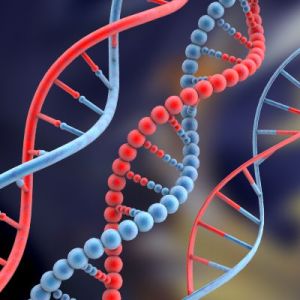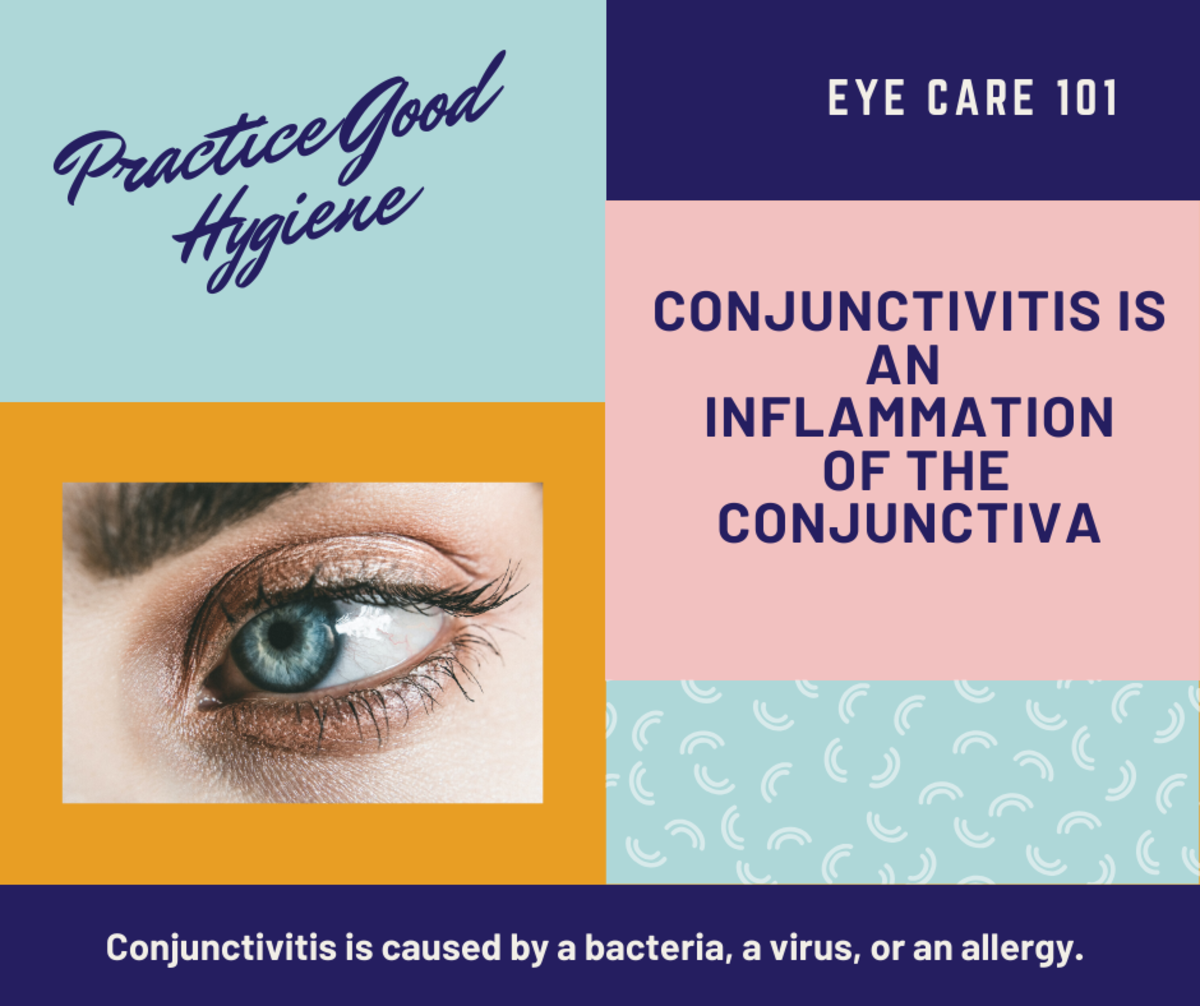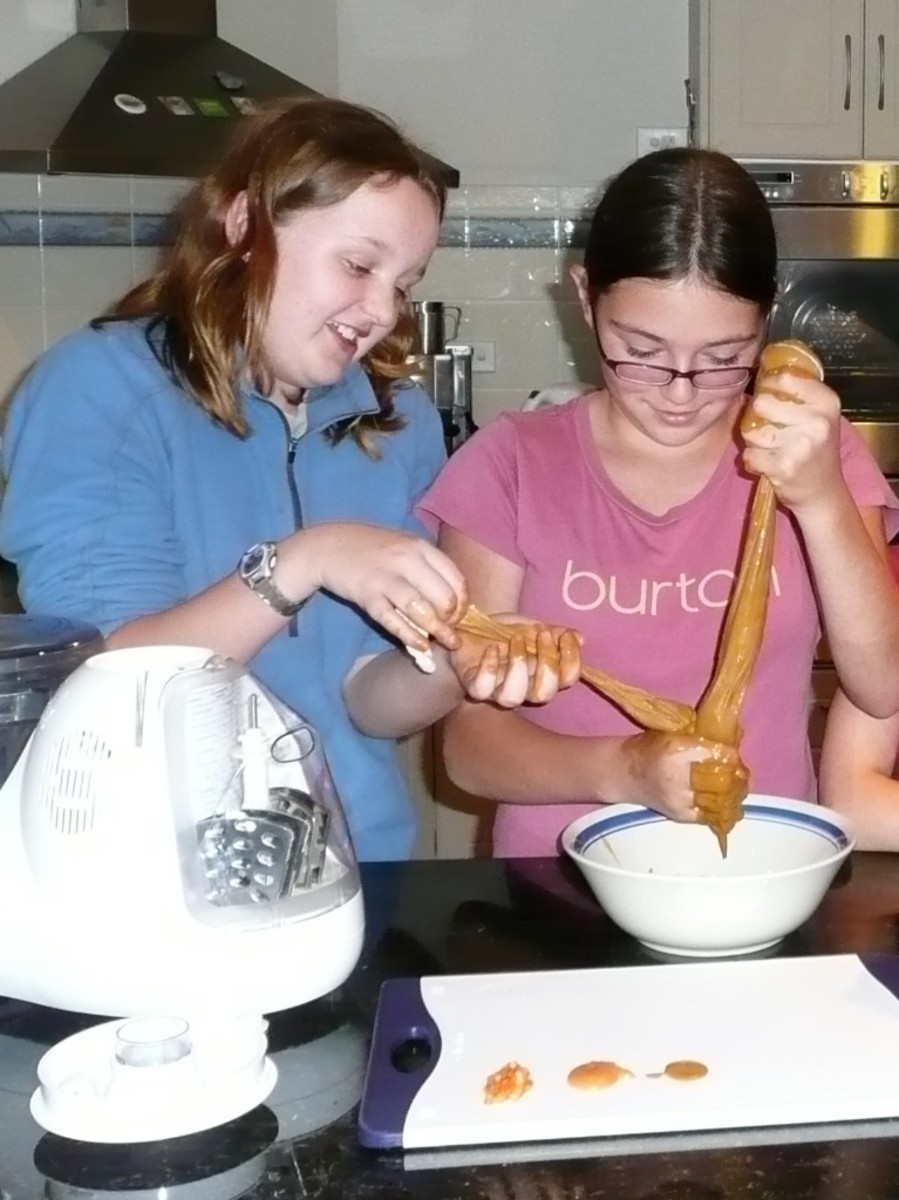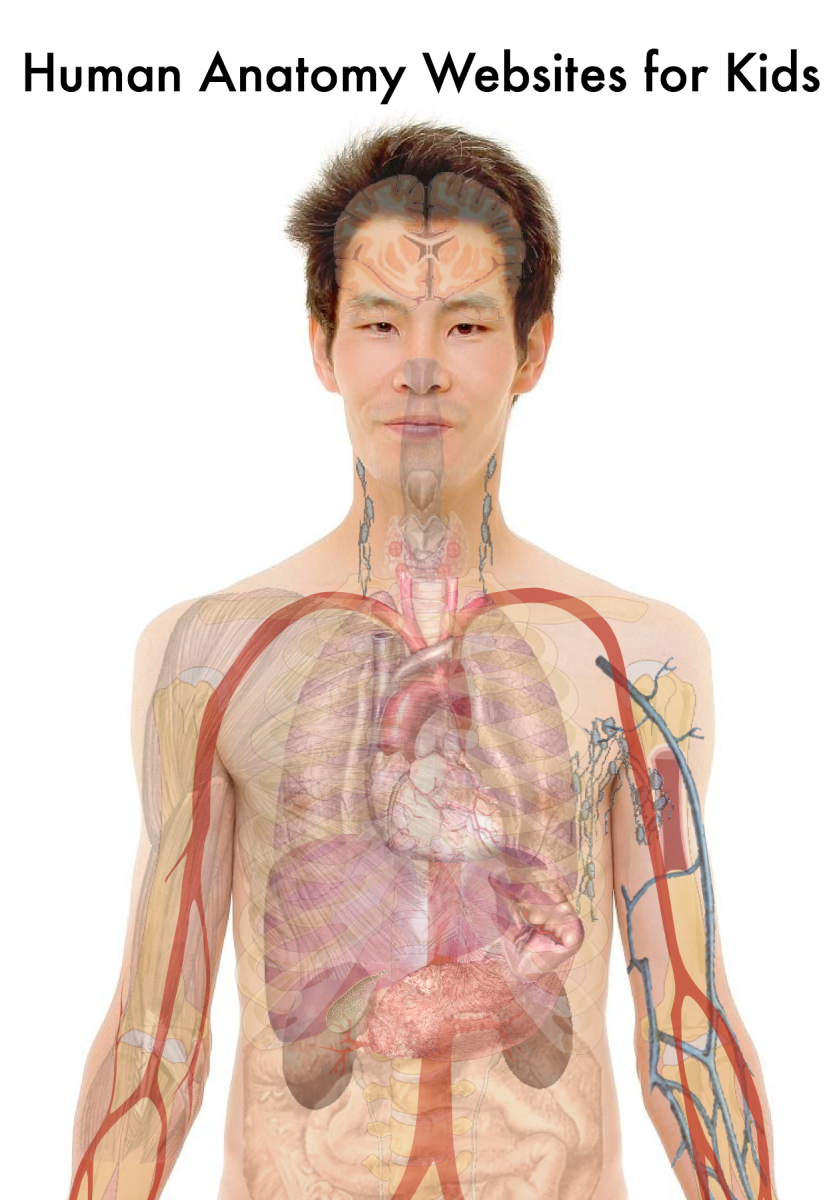Mutation | Types, Cause, and Effect
DNA

Tired of all these mutation? see below, you will find out that mutation can also be fun
What is mutation ?
What is a mutation? When you hear a word of mutation, perhaps it will remind you of X-men and other marvel heroes. Shooting X-ray, breezing icy breath, or maybe psychic barrier? You might also know Peter Parker who’s mutated into a spider guy after being bitten by a spider. Then ZAP! He jumps up and throws spider webs everywhere, and takes a leap to where ever he wants. It seems fun. But well, that’s fiction. In this case, such kind of mutation does not exist. Perhaps it will, someday. But the process won’t be that easy.
Mutation is a change that occurs in a genetic substance (DNA or RNA). It may happen, both in Gene level (Gene Mutation) and Chromosome level (Chromosome Mutation). The process is called Mutagenesis. When an organism or individual life is mutated, then you might call it a Mutant. Mutation occurs silently. You wouldn’t know if someone is a mutant, since sometimes genetic changes (mutation) do happen but is not expressed. I will explain it to you later in the deep. Sure you also know that mutation won’t occur by it self – it needs something to change the genetic substances. Just like Spiderman who is mutated by a spider bite or daredevil who is increased in hearing by a chemical thing – in order to mutate, a “chemical X” is needed. Everything that may cause mutation to occur, that is called by Mutating Agents or Mutagens. Generally, there are 3 types of mutagens:
1) Chemical Mutagens
Example: nicotine, pesticides, methane, and many others
2) Physics Mutagens
Example: Ultraviolet ray, radioactive, over high temperature
3) Bio Mutagens
Example: Bacteria and virus
As I have said early on this page, mutation may occur in Gene level and also Chromosome level. Gene Mutation is a change in chain structure of DNA and gene, so that the amino acid order is swapped, or exchanged, and may result in a different protein produced. In this case, not all mutation may cause disease. This is because each amino acid has two or more codons (genetic codes). A single base substitution won’t make any different if it results in the same amino acid. This is why I said before, that we might not know if we’re a mutant. This kind of mutation, we’ll never know if it has occurred in our gene, since it’s not wrongly expressed. When gene mutation results in a different amino acid produced, well, that’s what I called a problem. For example is Sickle Cell. Sickle Cell disease may occur if a single base substitution leads to the production of Valine instead of Glutamine. This caused a production of abnormal sickle shaped red blood which may obstruct and restrict blood flow to an organ, leading to pain and often organ damage.
While gene mutation does not always resulting in diseases, a chromosome mutation always does. Chromosome mutation is a change in either number or structure of chromosome. Since a chromosome contains a lot of genes, of course a change in its whole structure may result in wrong expression. Chromosome mutation most likely happen because of meiosis failure There are 2 groups of chromosome mutation, based on changes in number:
1) Euploidy
Changes occur in whole set of chromosome, and involve all pairs of chromosome. Usually organisms and also humans, have 2 chromosomes in each pairs that we called it Diploid (2n). In euploidy, there is a change of chromosome’s number in all pairs (affect the whole set). It may become monoploid (n), triploid (3n), tetraploid (4n), and even hexaploid (6n). If the cells have chromosome set above 3n, then it may be called Polyploidy.
Based on the origin of chromosome, there are 2 types of polyploidy:
a) Autopolyploid: Self doubling, caused by disturbances in meiosis. Only occur in homologues chromosome
b) Allopolyploid: Hybridization between two species which have different set of chromosome.
2) Aneuploidy
Changes occur by addition or deletion of some chromosomes, involve some pairs of chromosome. It is also usually known as Aneusomy. This kind of Chromosome mutation doesn’t involve all genomes, but only occur in one chromosome of a genome.
There are several types of Aneuploidy:
a) Monosomy (2n-1): losing 1 chromosome
b) Nullisomy (2n-2): losing 2 chromosome
c) Triosomy (2n+1): gaining 1 extra chromosome
d) Tetrasomy (2n+2): gaining 2 extra chromosome
Aneuploidy may be caused by two things, anaphase lag and non-disjunction. Anaphase lag is an event when spindle do not stick into the centromere in anaphase at first meiosis. Non-disjunction is a failure of chromosome separation during cell division. In this case, we can see that non-disjunction has become a major cause of mutation, especially in chromosome mutation.








